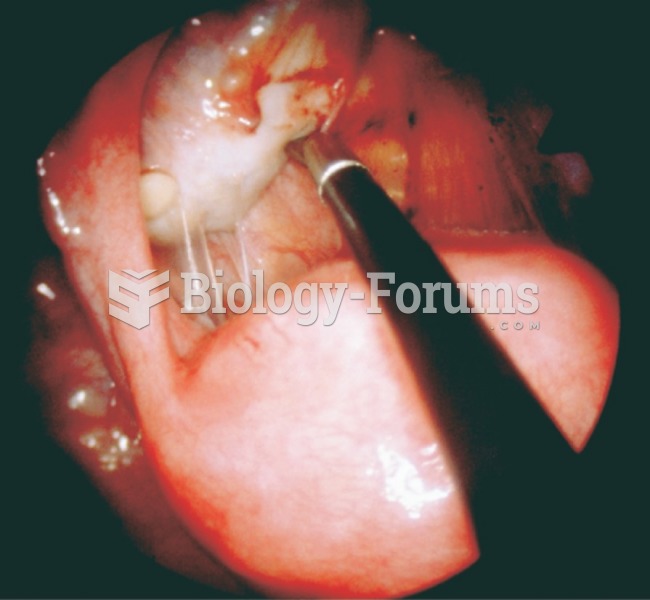|
|
|
The senior population grows every year. Seniors older than 65 years of age now comprise more than 13% of the total population. However, women outlive men. In the 85-and-over age group, there are only 45 men to every 100 women.
Adults are resistant to the bacterium that causes Botulism. These bacteria thrive in honey – therefore, honey should never be given to infants since their immune systems are not yet resistant.
Adolescents often feel clumsy during puberty because during this time of development, their hands and feet grow faster than their arms and legs do. The body is therefore out of proportion. One out of five adolescents actually experiences growing pains during this period.
Individuals are never “cured” of addictions. Instead, they learn how to manage their disease to lead healthy, balanced lives.
Aspirin may benefit 11 different cancers, including those of the colon, pancreas, lungs, prostate, breasts, and leukemia.
 Does this child have legs of different lengths or scoliosis? Look at the level of the iliac crests a
Does this child have legs of different lengths or scoliosis? Look at the level of the iliac crests a
 Types of bariatric surgery; A, laparoscopic adjustable gastric banding; B, Roux-en-Y gastric bypass.
Types of bariatric surgery; A, laparoscopic adjustable gastric banding; B, Roux-en-Y gastric bypass.
 From your experiences in grade school, can you tell if or how your teachers unintentionally helped ...
From your experiences in grade school, can you tell if or how your teachers unintentionally helped ...




